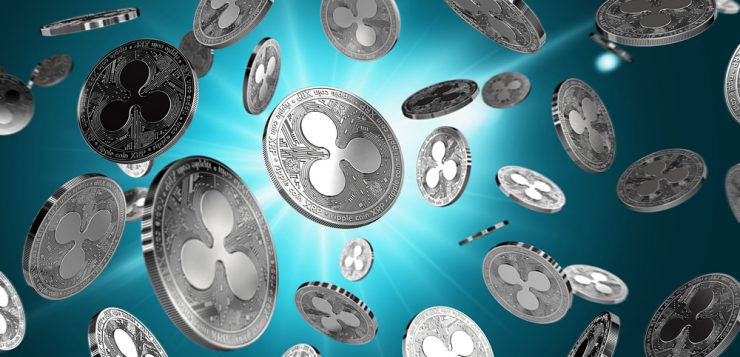Less than 2 days ago, Ethereum World News did a report on the findings of one of IMF’s Deputy Directors with respect to how global Central Banks should respond to the current threat of cryptocurrencies disrupting the business-as-usual trend in the banking industry. In the report by Dong He, the Deputy Director of the Monetary and Capital Markets Department, it was noted that for regular fiat to stay relevant, Central banks needed to tokenize their currencies to be in tune with the times. But is tokenization really necessary when we already have a coin with payment solution on the blockchain already working? This coin is none other than Ripple (XRP) and its products of xVia, xCurrent, xRapid and RippleNet.
So why would Central Banks use Ripple and its products rather than tokenizing regular fiat?
Firstly, it is a known fact that Ripple has partnered with between 40 and 50 such Central banks who are in turn part of the RippleNet network. This network is a decentralized global network of banks and payment providers using Ripple’s distributed financial technology, which provides real-time messaging, clearing and settlement of financial transactions.
In terms of integrating their already existing infrastructure to RippleNet, we have the API based xVia to simplify this for the banks in an instant. The same xVia is being used by two recent members of the RippleNet network from Brazil and Singapore, giving them access to the additional markets of United States, Southeast Asia, South America and Europe.
Secondly, Global Central banks need a reserve currency to facilitate cross border trade, investments, transactions and debt payments. If they are already part of RippleNet, they can have a reserve of XRP to aid in transactions. The coin has a high circulation of 39.189 Billion with another 55 Billion XRP locked up in Escrow. This latter amount can be purchased by Central banks and held as reserves. When each Central Bank wants to do business with another, the transaction will be almost-instant and secure due to XRP.
Thirdly, times are changing as Deputy Director at the IMF, Dong He, pointed out. Central Banks need to be progressive in a manner similar to how the IMF is able to forecast the general change in direction in the global financial systems. Any country that will not adapt, will find its currencies obsolete as its citizens gradually go digital. One needs only to look at the mobile apps we possess to know that we are heading to a peer-to-peer economy that bypasses all banks.
In conclusion, the Global Central Banks should take the report by Mr. He as warning sign that they should accommodate current technology trends or risk being irrelevant. We can not ignore Venezuela for leading in crypto adoption albeit through what many economists stated as ‘the last kicks of a dying horse’. With respect to the latter, we shall leave it to history to decide if President Nicolas Maduro did the right thing.
Read more at: Ethereum World News







